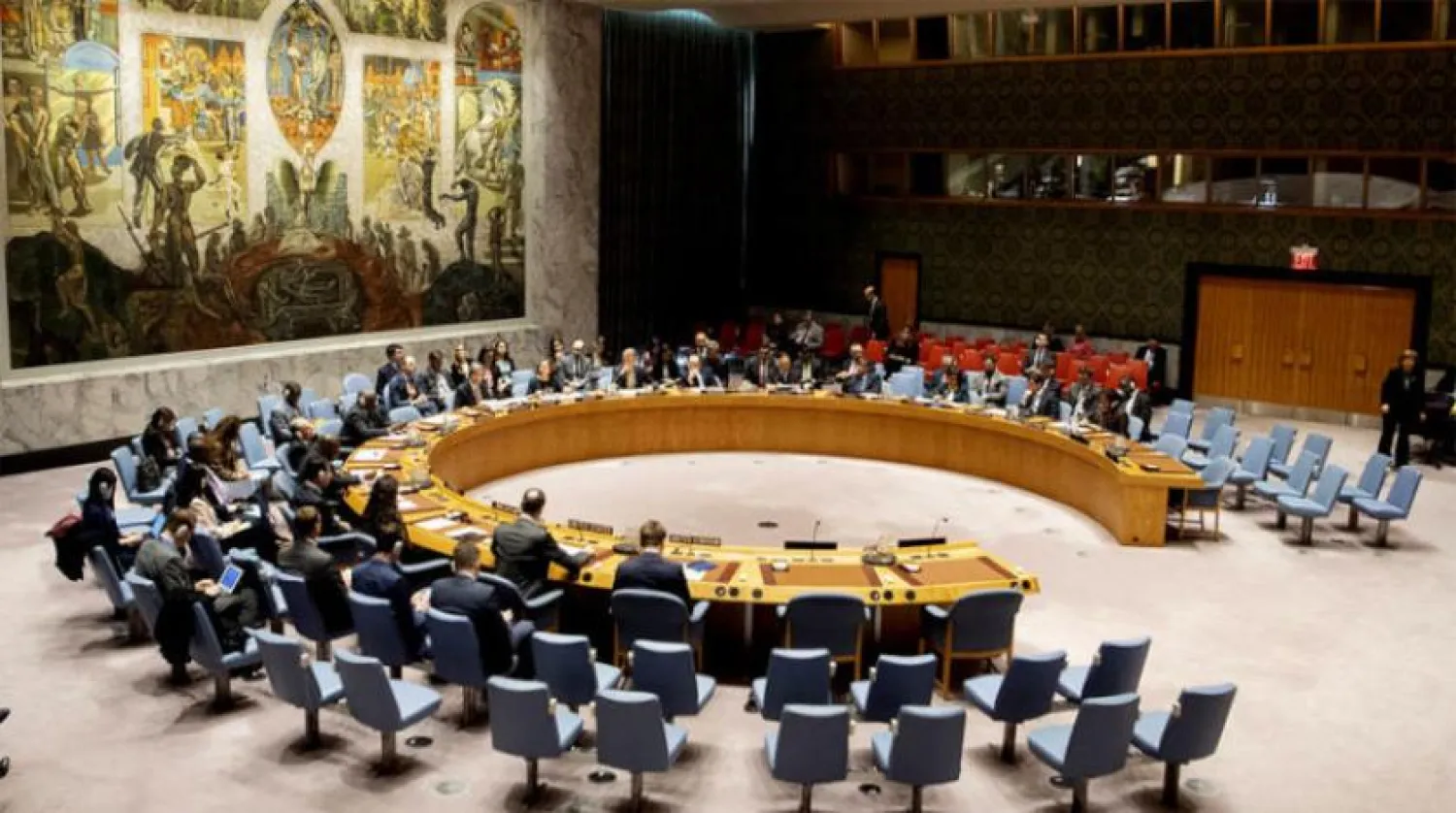Saudi Arabia has urged the UN Security Council to assume its responsibility towards Houthi militia attacks and the Iran-backed parties supplying them with arms so that they stop their threats to international peace and security.
The request was made by the Kingdom’s permanent representative to the United Nations, Abdallah Al-Mouallimi, in a letter to UN Secretary-General Antonio Guterres and the Security Council.
The ambassador stressed that targeting civilians and civilian objects is a war crime.
Houthi attacks include “a military projectile hitting a shop in Samtah, Jazan on Dec. 24 which resulted in the deaths of a Saudi citizen and a Yemeni resident. Seven civilians including six citizens and a Bangladeshi resident were also injured and two shops and 12 vehicles were damaged,” the letter said.
The Houthi militias must be held accountable in accordance with international law, said Al-Mouallimi.
He stated that the Kingdom will spare no effort to take all necessary measures to protect its territory and preserve the safety of its citizens and residents in accordance with international laws.
“It is clear that the absence of strict measures by the international community, especially the Security Council, toward those who supply weapons to the Houthi militia, will allow the militia to continue its terrorist acts in the region,” the envoy said.
“It is therefore of paramount importance that the Security Council assume its responsibility towards the Houthis and those who supply their arms and the resources that finance their terrorist acts, in order to stop their threats to international peace and security,” he added.
US Ambassador to the UN Linda Thomas-Greenfield told the Security Council two weeks ago that Houthi actions in recent months “undermine peace.”
“The Houthis must immediately release — unharmed — all current and former Yemeni employees of the United States. They must immediately vacate the US compound and return all seized property and cease their threats against their own fellow citizens, simply for being employed by us,” she said.
The ambassador accused the Houthis of ignoring repeated calls from the Security Council and the international community to cease their offensive in Yemen’s Marib province.
She also urged “Iran to end its lethal support to the Houthis.”









